Start seeing your mistakes as mirrors “Wisdom comes from making mistakes, having the courage to face them, and make adjustments moving forward based upon the knowledge acquired through those experiences.” ― Ken Poirot
I recently listened to an Oprah’s SuperSoul Conversations podcast with writer Tracy McMillan. She said something early in the interview that caused me to pause mid-mascara application and gasp. As Oprah would say, it was an ah-ha moment.
“The relationship that you’re having with another person is the same one that you’re having with yourself.”
In my mind, Tracy then dropped the mic and walked off set. Boom.
This concept that our relationships are a reflection of what’s going on inside us is not new to me. I’ve heard it before. But something about hearing it that morning was different. Call it awareness, as I’m in a very self-reflective phase of life. Or call it mindset, as we only truly hear things when we are ready to. Or maybe just chalk it up to timing, as I embark on the journey of attempting to open my heart to a new man.
Whatever the reason, this statement literally stopped me in my getting ready tracks.
Tracy continued, saying our relationships “mirror back our deepest, most unconscious beliefs about ourselves.”
Related: 10 Signs Of Self-Hatred And How To Overcome
That really got me thinking – what relationship was I having with myself during my tumultuous relationship years? What did I unconsciously believe about myself?
I know after failing at my first attempt at love, I became very guarded, not wanting to feel that pain again. That guard successfully kept everyone at an arm’s length. I so desperately wanted to feel a true connection again, but I just wouldn’t let anyone close enough.
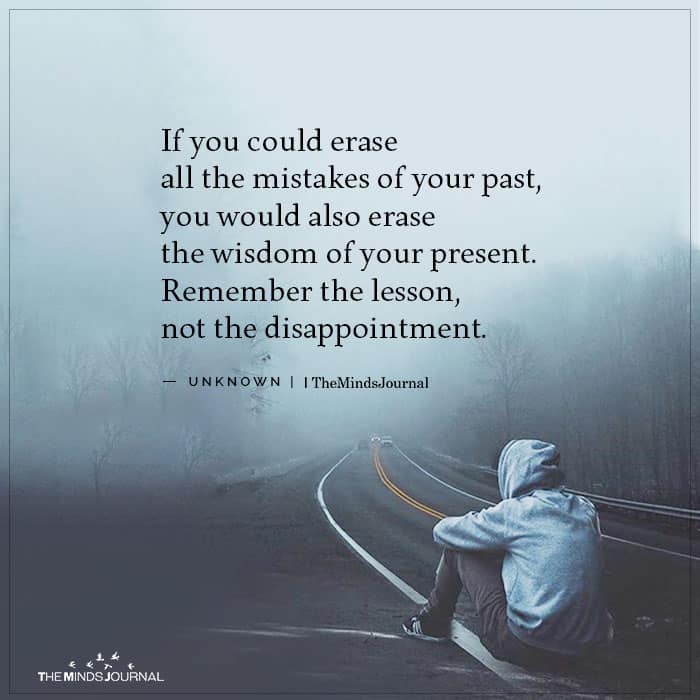
At the time, I didn’t see it that way. I didn’t see that I was the cause of my deep-rooted loneliness. All I saw was he’s just not that into me, he didn’t choose me, no one wants me, and several other self-deprecating thoughts.
And so began the emergence of an underlying theme – I’m not good enough; I’m not worthy.
Looking at it through Tracy’s lens, if that was the relationship I was having with myself, it’s no wonder I then attracted my next several relationships… relationships where I apparently wasn’t worthy of being a priority; wasn’t worthy of being the chosen one; wasn’t worthy of being the only one.
I’ve always viewed those years of my life as an aberration – a weird time when for some unknown reason I unexpectedly abandoned my values and lost all integrity. I mean, how could I not think that? Integrity is defined as a “firm adherence to a code of especially moral or artistic values.” Getting involved with a married man is by no means moral. The definition doesn’t allow for many ifs, ands, or buts.
I knew I never maliciously pursued the role of the other woman out of a desire to steal anyone away from their home. That wasn’t me. But I also did nothing to stop it. Maybe I allowed it to happen because I didn’t think I deserved better. Maybe I settled for an unacceptable situation because I wasn’t accepting of myself.
Riddled with shame, guilt, and pain from those years and those decisions, I went back into guarded mode. Only this time the wall was stronger, taller, thicker. So I guess it’s no surprise that my next relationship was with someone equally as emotionally unavailable.
Related: A 5-Step Guide To Escape The Guilt Trap
I dove heart-first into that relationship, gave it my all. Probably too much. Unaware of my own issues, all I saw were his. And I lost myself completely trying to make it work. Abandoned myself. And then he abandoned me.
I let that play on repeat again and again until I finally opened my eyes and saw the pattern. I finally realized it was me. I was attracting men who didn’t know how to love another because I didn’t know how to love myself. I wasn’t the victim. I was the villain.
Before the end of the interview, Tracy dropped one last self-reflection bomb – she said that we unknowingly seek out what we need to heal, and that’s why we can trust our mistakes.
Trust our mistakes. That’s not a common thought. Instead, we often let our mistakes define us. Or at least I did. I stayed in relationships I had no business being in, therefore I was a coward. I let men hurt me and then I went back for more, therefore I was a fool. I knowingly played the role of the other woman, ipso facto I had no integrity.
But maybe, just maybe, we are looking at it the wrong way.
Perhaps what we often view as mistakes are really life’s way of showing us what we need to work on. An opportunity to see and confront our relationship with ourselves. In that regard, are they really mistakes? Or are they necessary evils?
What if our mistakes aren’t meant to define us, but instead to guide us? And true integrity is seeing them for what they really are – lessons.
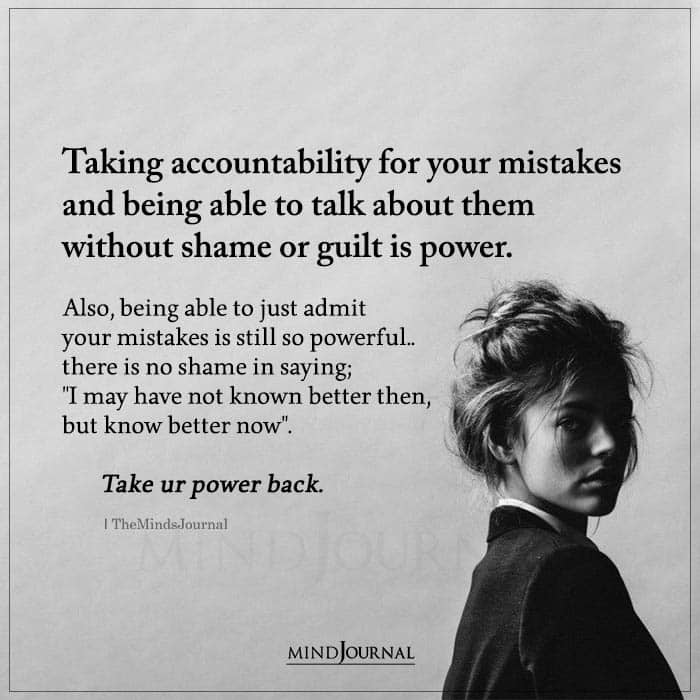
I unknowingly felt unworthy for a long time. And my relationships during those years clearly reflected that. But maybe it wasn’t an aberration. Maybe it was all part of a larger lesson plan… one that would eventually teach me the crucial key to loving someone else is to first love myself.
Each relationship reflected the deeper issues within me that I had to confront. Each relationship was a layer I had to peel back until I finally got back to me. It was a difficult, uncomfortable, multi-layered lesson that lasted several years with several setbacks, but I had to sit through it to learn it. I had to complete it.
Maybe we are presented with exactly what we need in order to grow. If you’re religious, call it God. If you’re not, call it life. If you’re spiritual, call it the Divine. If you’re a little woo woo like me, call it the Universe. The name doesn’t matter. The concept is the same.
And that concept, however you define it, consistently shows us who we currently are in the reflection of others. It’s on us to take the next step or stay in our current holding pattern.
Related: 8 Steps To Improving Your Self-Esteem
I no longer believe it is the absence of mistakes – the adherence to a code – that determines our integrity, but instead it is the awareness of the direction those mistakes are pointing us in and the courage to go there.
So maybe there is another way to define integrity, one that allows for us to make mistakes and allows for us to be human. One that sees the bigger picture. Maybe integrity can also be seen as a “firm adherence to the lessons life presents us; knowing and trusting that each experience exists to deepen our relationship with ourselves.” We just have to pay attention.
Written By Kacie Main Originally Published On Thought Catalog
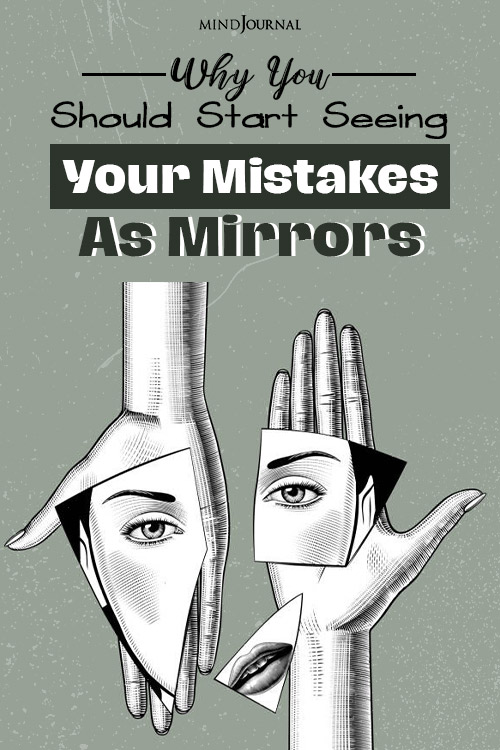
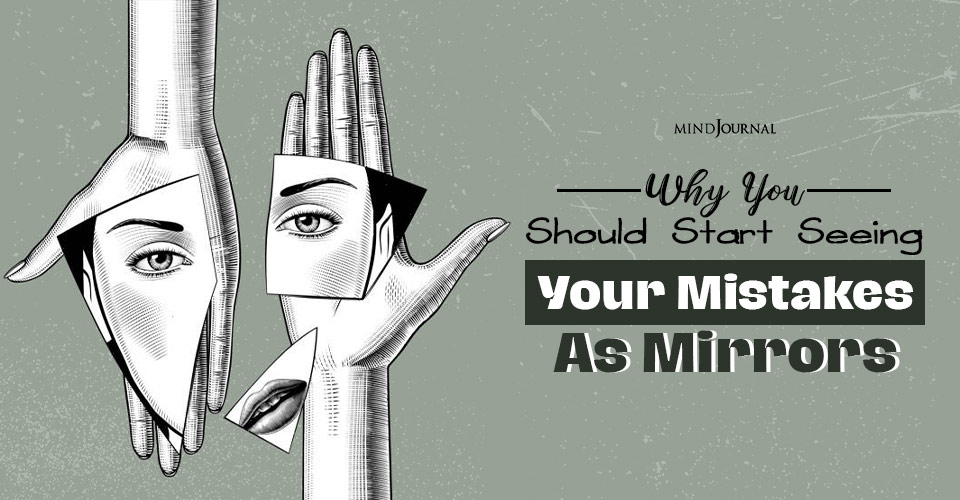




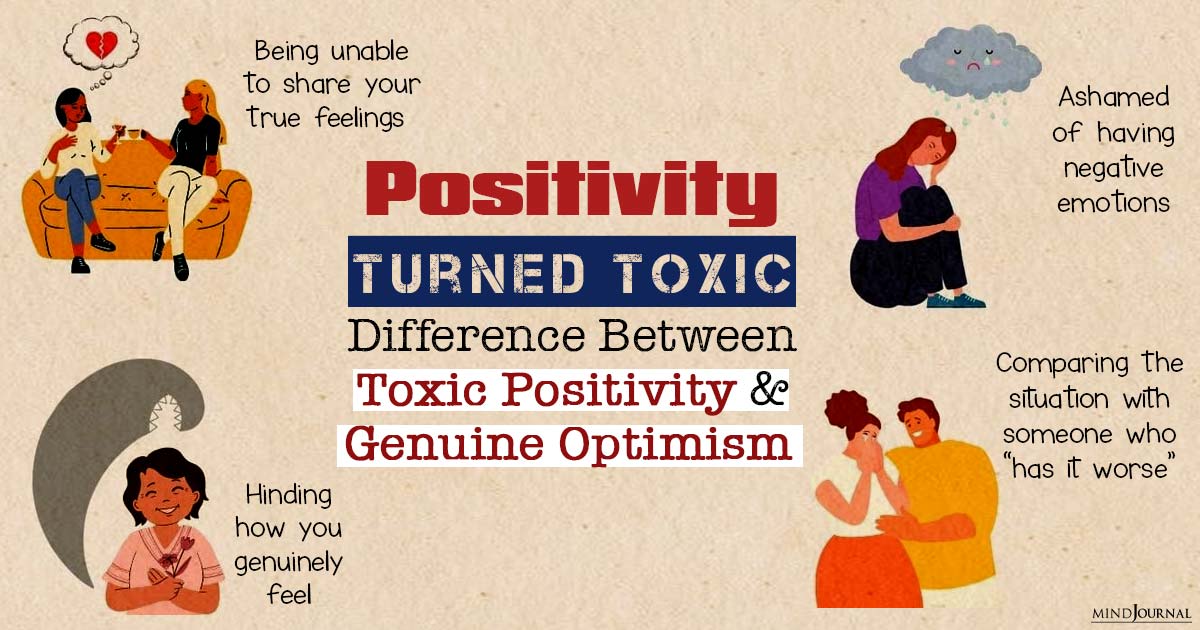
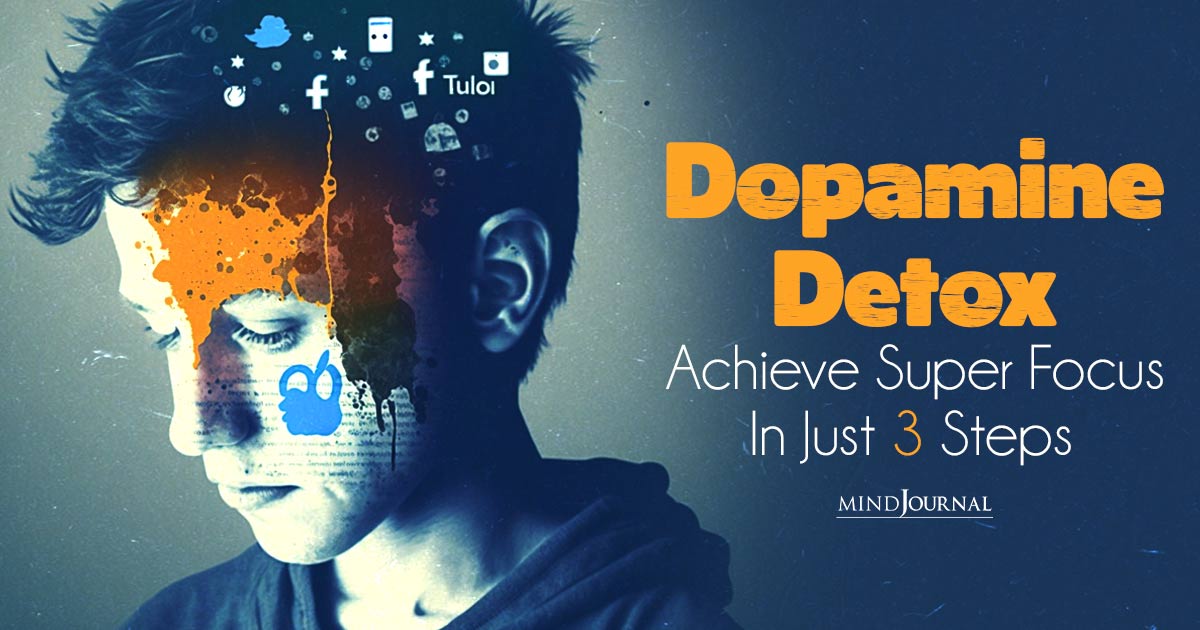
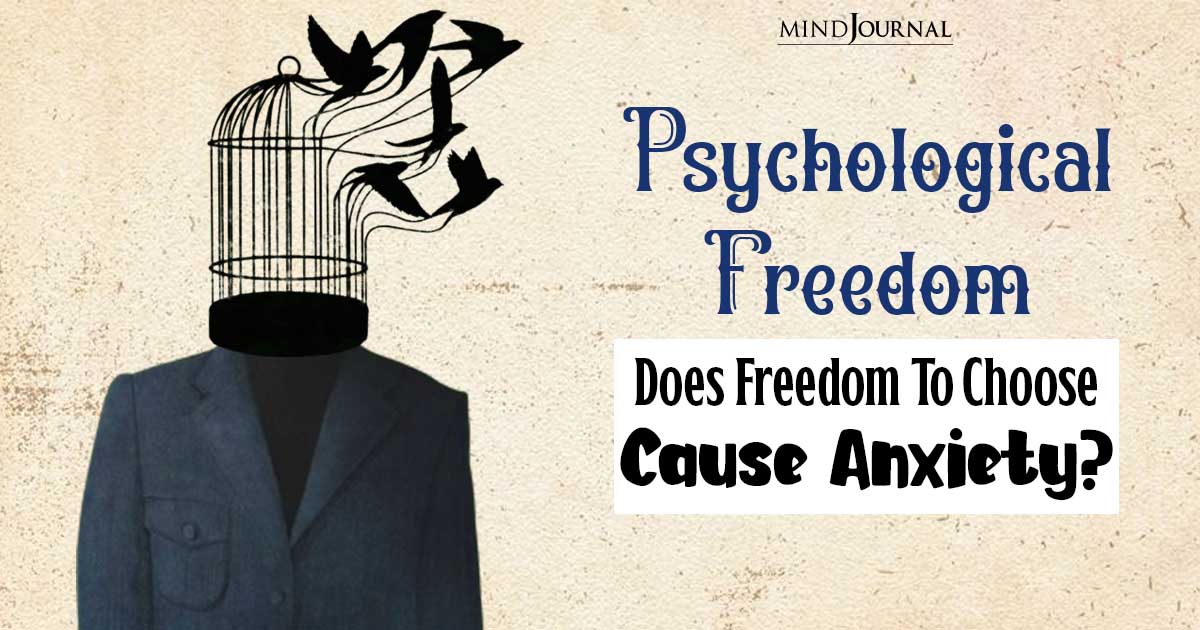
Leave a Reply
You must be logged in to post a comment.